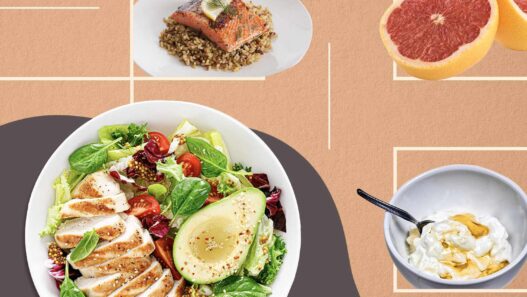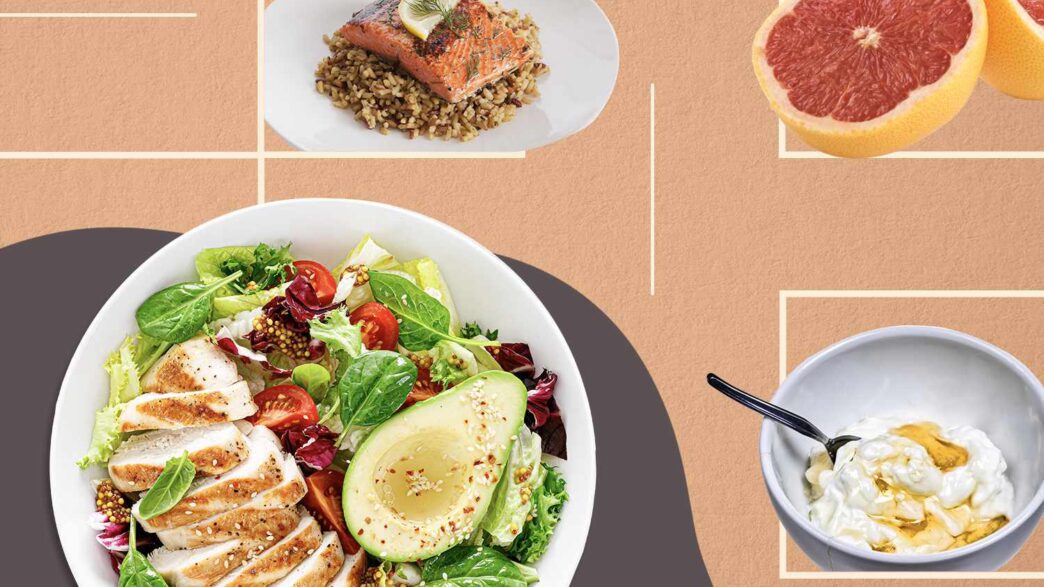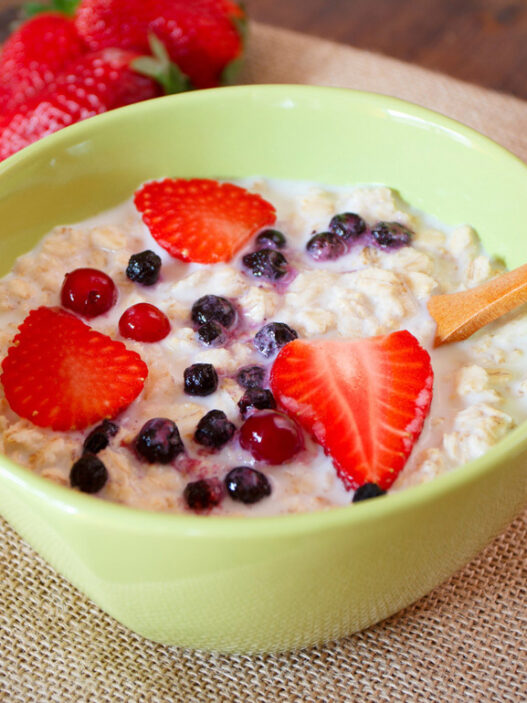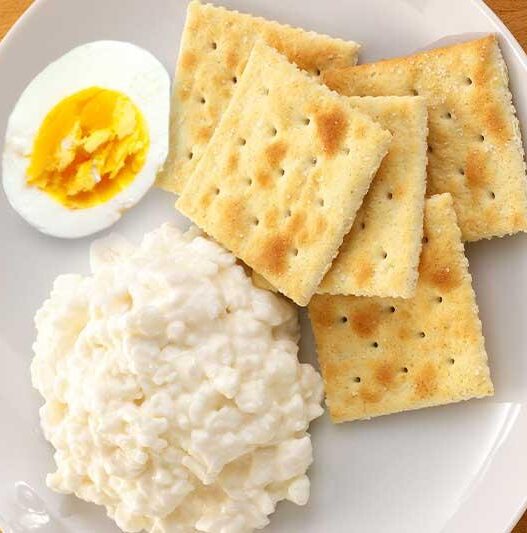Determining your daily food can be taxing, especially if you are already juggling a hectic schedule including social commitments, work, and family.
Meal planning is the better approach to feeding your family and yourself: This strategy guarantees you never ask yourself what’s for dinner.
What is meal planning?
Meal planning helps you to create a weekly menu that best fits your nutritional requirements. It can remove the uncertainty around dinnertime and enable Stacey Simon, MS, RDN, offers counseling via her New York City practice, says you to stick to a budget and help keep your nutrition goals on track.
The deliberate process of creating your weekly menus to reap advantages including better nutrition, decreased food waste, time and money saved, less food choice stress, and other advantages is meal planning.
Effective meal planning takes into account dietary needs, budget, food tastes, available time, and objectives for variety and balance throughout food groups, therefore improving health outcomes and more effective resource use.
Main Advantages of Meal Planning
- Making sure your diet fulfills the body’s requirements for vitamins, minerals, and other nutrients is the main advantage.
- It guarantees a varied nutrient intake and helps you include a range of foods to prevent boredom.
- By matching your diet plan with your limited resources, you can maximize your time, energy, and money.
- A great menu is customized to fit each family member’s tastes, health issues, and schedules.
Strategies for Good Meal Preparation
- Think about the ingredients on hand, your budget, and the time you have for cooking.
- Include a range of fruit, vegetables, and other food groups in your meals.
- Increase adherence by making sure your schedules include items family members would like.
- Keep track of your food choices and stay organized by logging your meals in a notebook or an app.
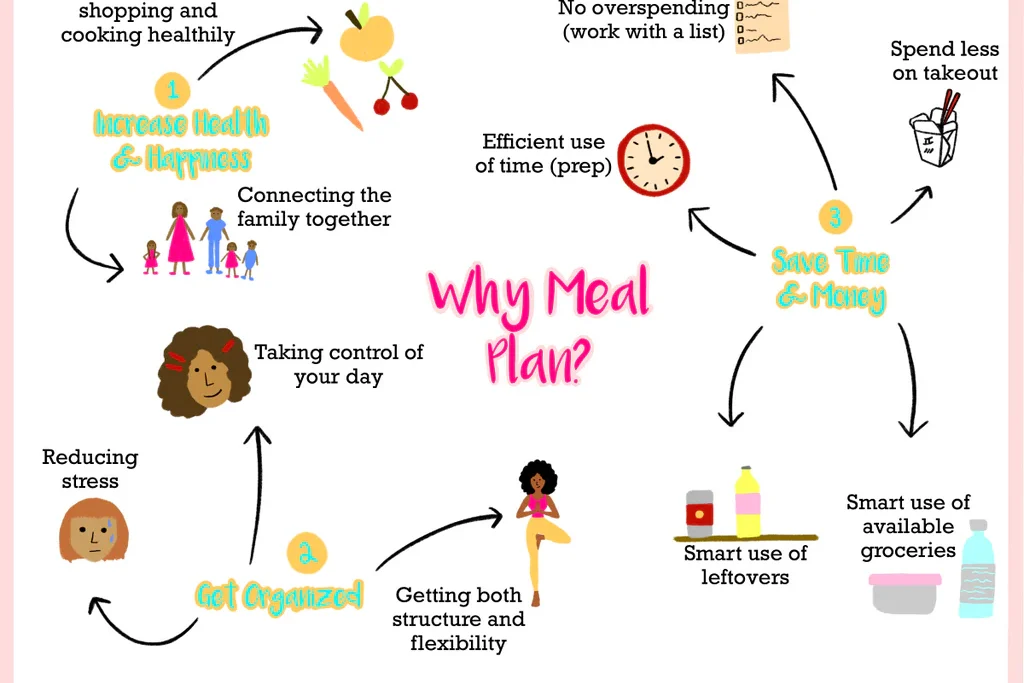
Medical Meal Plans
Some plans are made to manage health conditions. Such as:
- Heart disease, type 2 diabetes, These plans are often built with help from a registered dietitian or healthcare professional.
- A diabetes-friendly diet assists patients in maintaining stable blood glucose levels.
- A heart-healthy diet helps those with a family history of heart disease.
- Usually, individuals who are not attempting to control a health condition will create their own menus by choosing nutritious meals that their families like.
Why should I meal plan?
Planning your meals makes sense for many reasons. Meal planning helps everyone regardless of the objective since it is a very effective technique to become structured and have some kind of road map for the week.
Initially, meal planning requires some thought process as you consider what you will eat the following week, but possessing a strategy in mind helps you place and remove daily cooking and dinner planning stress.
For those who work long hours, control a health condition like diabetes, or have a family to feed, meal planning can thus be very beneficial. Simply having a rough guideline can be enough to get rid of some of the meal preparation and weekly grocery shopping stress.
Why Planning Meals Matters
Planning your meals helps you stay on track with a healthy diet.
Without a plan, you may end up ordering pizza or fast food on busy nights.
But when a tasty dinner is already waiting at home, the drive-thru feels less tempting.
Meal Planning for Health Conditions
Everyone benefits from eating well, but it is especially important for people with health concerns like heart problems or type 2 diabetes. Meal plans make it easier to follow safe food choices cleared by your doctor or dietitian
Food Safety and Storage Duration
Understanding how long goods keep in the refrigerator is crucial. either uncooked or cooked.
Resources like FoodSafety.gov provide charts to help you avoid waste and stay safe.
Meal planning does not mean perfection.
Plan for a weekly takeout meal or snacks at work. So you don’t prepare unnecessary food.
Considering Allergies and Preferences
- When planning for a family, account for allergies and dietary needs.
- Instead of cooking multiple meals, adjust recipes.
- For example, use gluten-free pasta in lasagna so everyone can enjoy the same dish.
Customizing Meals for the Family
You can also keep the main dish the same while letting each person add toppings or sides that fit their taste.
Preparing Fruits and Vegetables
Wash, cut, and store produce as soon as you get home.
Prepped fruits and vegetables make it easy to add them to meals or grab them as snacks.
Preparing Whole Grains
Cooking grains like brown rice or farro ahead of time saves effort.
These grains can be used in salads, stir-fries, or as accompaniments to protein-rich dishes.
Meat and Meat Alternatives
Cooking meat, tofu, or beans can be time-consuming.
Save this task for less busy days and prepare large batches.
Freeze extras to make future meals quick and easy.
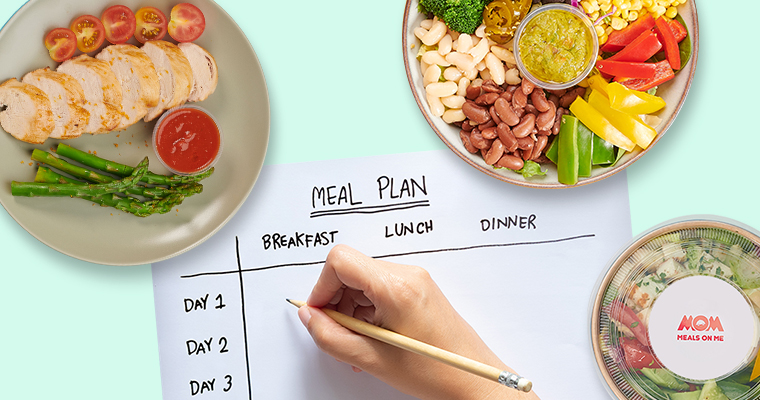
The Role of Repetition
Nutritionist Alix Turoff suggests keeping things simple.
You do not have to eat the same food every day. Limiting options can reduce stress.
Choose two or three breakfast choices and a few lunch options, and then add variety with dinners and snacks.
Using Core Meals for Variety
- Having basic meals each week, such as tacos, fish, or burgers, prevents decision fatigue.
- You can still create variety by changing fillings, sauces, or proteins.
- This way, you enjoy new flavors without reinventing your whole plan.
- Making and cooking in batches
- Take some time on a calm day to cook for a few hours.
- Make more of the recipes you use all the time. like frittatas or overnight oats.
- This makes getting meals easier on busy mornings and evenings.
Meal Planning Recipes
If you’re at a loss of where to start looking for recipes, we’ve got you covered with several options that are well-suited to meal planning:
- Strawberry Peach Overnight Oats (Project Meal Plan)
- Thai Chicken Lunch Bowls (Sweet Peas and Saffron)
- Easy Vegan Red Lentil Dal (Simply Quinoa)
- The Hummus Lunch Box (Budget Bytes)
- Frittata Egg Muffins (Recipe Tin Eats)
- Taco Bowl (Chelsea’s Messy Apron)
Summary
Meal planning involves creating a weekly menu. It can reduce stress and save time during the week by getting rid of the decision-making around food.
Planning your meals in advance can also help you stick to a healthy diet, since you may be less tempted to hit the drive-thru or order pizza at the end of a busy day.
Set aside a few hours during the week to select your meals, buy the ingredients you need, and prep a few food items. Stay organized by logging your meals and recipes in an app or writing them down with pen and paper.
Keep your meals organized by storing them in clear containers labeled with the food item’s name and the date it was made or purchased.






